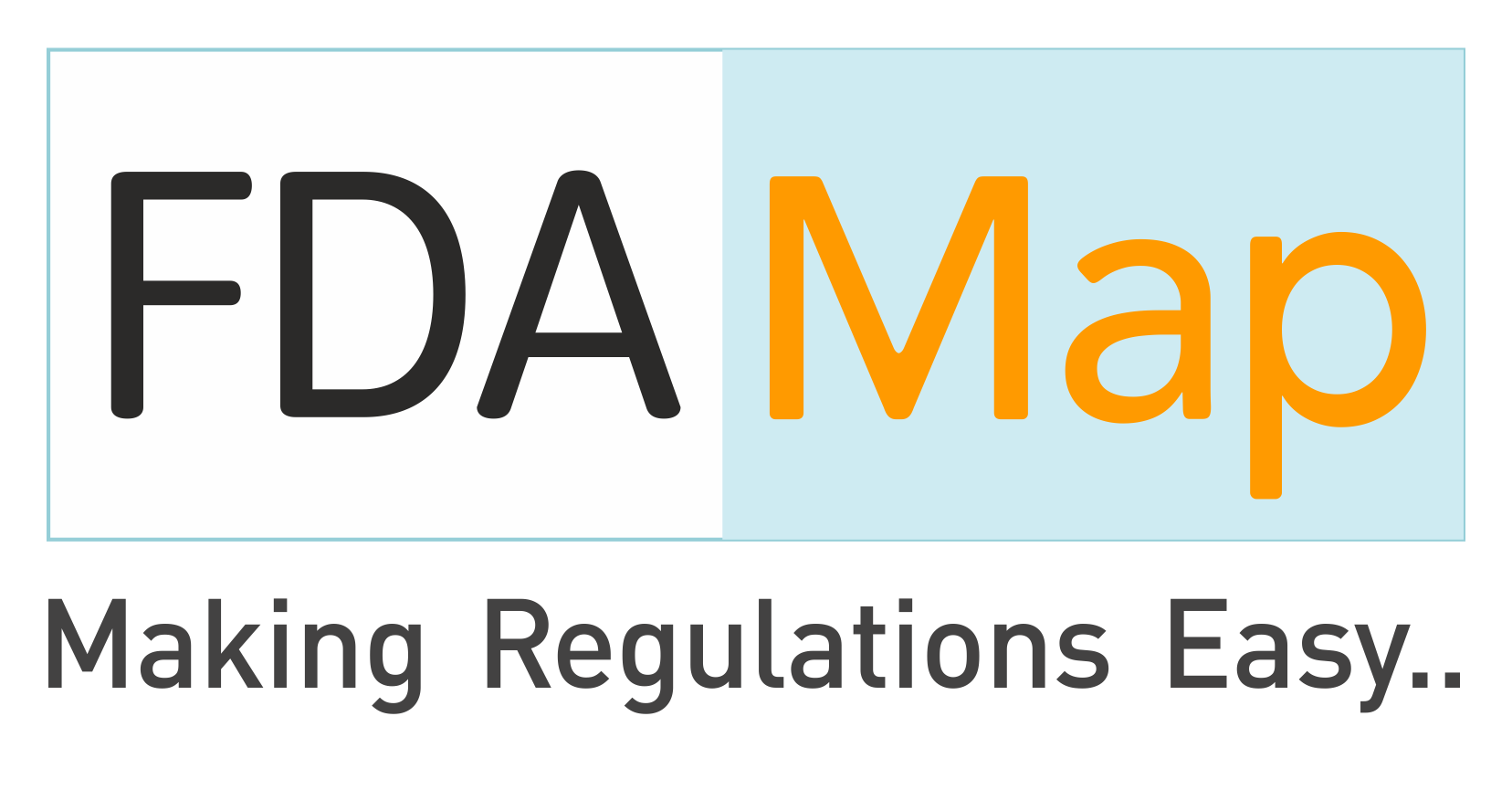Navigating FDA Compliance: Challenges and Strategies
In the highly regulated world of biopharmaceutical and medical device development, achieving FDA compliance is more than just a requirement—it’s a vital step in ensuring the safety and efficacy of new products. Non-compliance can lead to delays, additional costs, and even project failure. For sponsors, navigating the complex regulatory landscape can be overwhelming, especially with ever-evolving guidelines and standards.
Why FDA Compliance Matters
The FDA’s regulations are designed to protect public health by ensuring that clinical trials are conducted ethically and produce reliable data. Adhering to these standards is crucial for sponsors to secure approvals and bring products to market. However, the path to compliance is fraught with challenges, including:
• Complex submission requirements for Investigational New Drug (IND) applications, New Drug Applications (NDAs), or Premarket Approvals (PMAs).
• Strict adherence to Good Clinical Practice (GCP) guidelines for trial design, execution, and monitoring.
• Managing FDA audits, inspections, and post-market reporting obligations.
Failing to meet these requirements can result in trial delays, rejection of applications, or regulatory penalties, making expert guidance indispensable.
Comprehensive FDA Compliance Support
Effective FDA compliance consulting services help sponsors navigate these challenges with ease. Expert teams work closely with sponsors to ensure their projects meet all regulatory requirements at every stage of development.
1. Submission Preparation and Review: Consultants assist in preparing regulatory submissions, including INDs, NDAs, and 510(k) applications, ensuring they are complete, accurate, and aligned with FDA expectations. Meticulous review processes identify and address potential gaps before submission, reducing the risk of delays.
2. Audit Readiness and SupportL FDA audits are a critical part of the compliance process. Pre-audit assessments help identify potential issues and implement corrective actions. During audits, expert support ensures compliance and addresses questions effectively.
3. Ongoing Regulatory Guidance: Regulations frequently evolve, and staying compliant requires staying informed. Continuous regulatory support helps sponsors adapt to changes and maintain compliance throughout the trial lifecycle.
Proactive Risk Management
A proactive approach to risk management is key to effective FDA compliance. By identifying potential compliance risks early, sponsors can implement corrective actions before they escalate into major issues. This saves time, minimizes costs, and ensures trials progress without unnecessary interruptions.
Building Confidence in Compliance
Successfully navigating FDA compliance requires an integrated, client-focused approach. Tailored consulting services provide the tools, knowledge, and support needed to achieve and maintain compliance, enabling sponsors to focus on innovation and bring life-saving products to market with confidence.
________________________________________
Author: Rachel Greiner is Director, Business Development at FDAMap Clinical. FDAMap Clinical is a Maryland based mid-sized CRO specializing in a wide range of services that encompass the entire clinical trial lifecycle, delivering results that meet and exceed sponsors’ expectations. Contact FDAMap Clinical to learn how it can help bring your clinical trial to success, ensuring you stay on schedule and within budget—without compromising quality.
